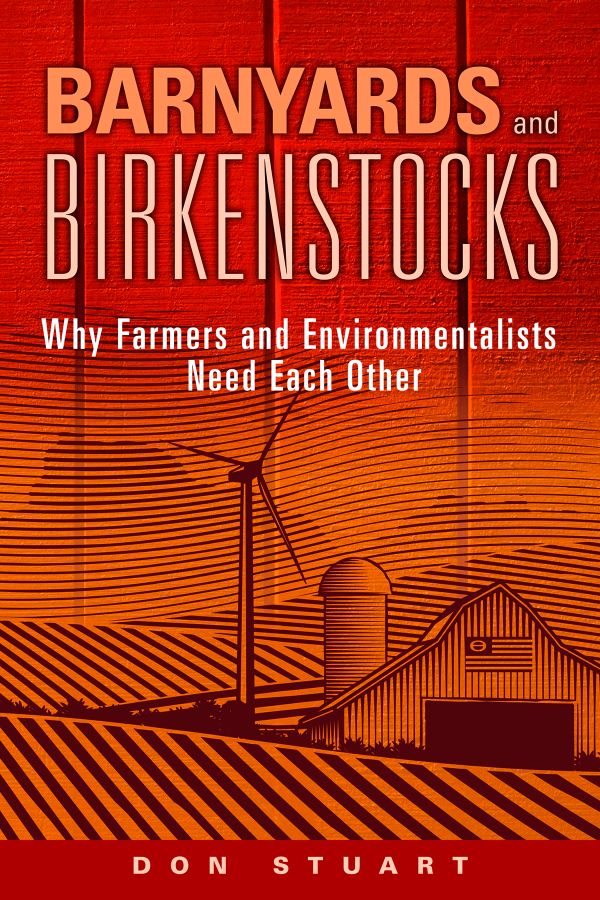Description
The desire to understand people’s influence on ecosystems has inspired scientific studies and analyses of the stress individuals and communities place on the environment, human well-being, and the tradeoffs between them. As an emerging discipline, Structural Human Ecology is devoted to unlocking the dynamic links between population, environment, social organization, and technology. The new field offers cutting-edge research in risk analysis that can be used to evaluate environmental policies and thus help citizens and societies worldwide learn how to most effectively mitigate human impacts on the biosphere. The essays in this volume were presented by leading international scholars at a 2011 symposium honoring the late Dr. Eugene Rosa, then Boeing Distinguished Professor of Environmental Sociology at WSU.
Charts / notes / references / 208 pages (2013)
Contents:
Introduction to Structural Human Ecology, by Thomas Dietz and Andrew Jorgenson
Metatheoretical Foundations of Post-Normal Prediction, by Richard York
Epistemology, Ontology, and the Practice of Structural Human Ecology, by Thomas Dietz
Perspectives on Risks and Concerns with Respect to Climate Engineering, by Ortwin Renn, Nadine Bratchatzek, Sylvia Hiller, and Dirk Scheer
Opportunities and Dilemmas in Managing Risk and Uncertainty, by Roger Kasperson
Design Principles for Governing Risks from Emerging Technologies, by Paul Stern
Energy and Electricity in Industrial Nations, by Allan Mazur
Population, Affluence, and Greenhouse Gas Emissions: The Continuing Significance of Structural Human Ecology, by Andrew Jorgenson
The Implications of Structural Human Ecology for Environmental Concern’s Global Reach, by Sandra Marquart-Pyatt
Context Matters: Eugene A. Rosa’s Lessons for Structural Human Ecology, by Thomas Dietz
Recognition
“Structural Human Ecology does justice to both the life and work of Gene Rosa and to the titular discipline which serves as his legacy. It integrates a diverse body of scholarship that will provide a facile framework for tackling human–ecological problems we have only begun to properly frame and understand. Students and scholars of environmental sociology, of human ecology, and of the broader social sciences will wish to reference this text frequently as they seek to develop firm grasps of their respective fields.”—Human Ecology
“Structural human ecology has certainly found its voice in this comprehensive edited volume. First, it is a tour-de-force of the contributions of a significant figure in environmental sociology—Gene Rosa, even featuring a piece of Gene’s artwork on its cover. And, finally, it serves as a mature foundational collection that clarifies – ontologically, epistemologically, methodologically and empirically – the terrain of one of the most important contemporary sub-fields of environmental sociology. Having been in attendance at the conference in Pullman in 2011, it is an honor to see, expressed in print, the atmosphere of rigorous but genuinely scholarly comradery and shared appreciation that converged around Gene Rosa’s life and work. This volume is a must read—mostly because of its excellent scholarly contributions, but also because of the spirit in which it was assembled.”—Journal of World-Systems Research
“Gene Rosa was always going after the very biggest questions–the relation be-tween energy consumption and well-being, the relationship between population growth and environmental impacts, risks, and how we conceive of risk. This volume is no different–bringing together a rich set of pieces about the issues that Gene cared about. A fitting tribute to a brilliant and bold big thinker.”—J. Timmons Roberts, Ittleson Professor of Environmental Studies and Sociology, Brown University
“Including work by some of the leading scholars on risk, this book displays the sensitivity, grace, and intelligence that characterize the work of Gene Rosa. He has taught us all.”—Kristin Shrader-Frechette, Ph.D., O’Neill Family Endowed Professor, Department of Philosophy and Department of Biological Sciences, University of Notre Dame











